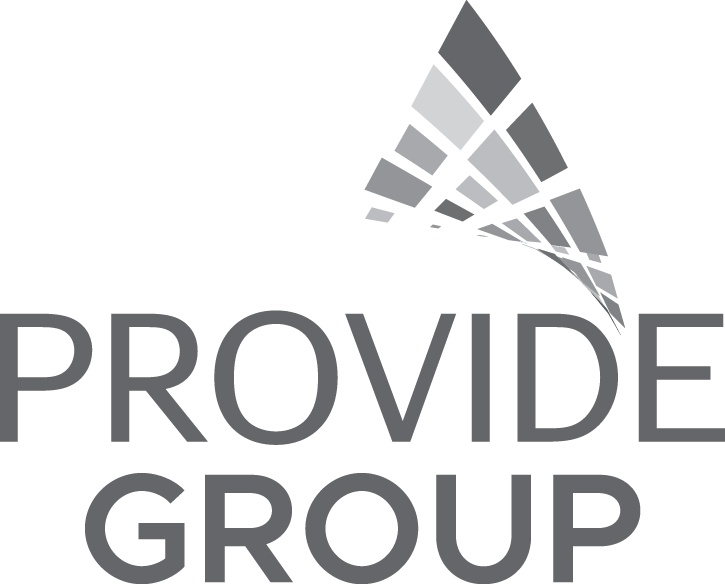The Ultimate Guide to Qualifying for a Home Loan
Buying property is no small purchase. Potential homeowners and investors usually need extra financing on top of their savings to meet the cost of the property. With that said, here is an ultimate guide to qualifying for a home loan:
What is a home loan?
A home loan, or mortgage, is a financial arrangement whereby a bank or lender gives you the money to purchase your desired property and have you pay back the amount to them over a certain amount of time (such as 25 to 30 years), with additional insurance, fees and interest payments based on a specified fixed or variable rate.
Because the arrangement covers a large amount of money over a long period of time, banks are careful in selecting mortgage borrowers. As such, applicants need to go through a rigorous process before qualifying for a home loan.
Mortgage pre-approval
The process can already start before you find the property you want to buy. Obtaining a pre-approval (or conditional approval) can give you an idea of how much mortgage you can receive from your lender, and therefore the property price range you are working with, even before you have found the property you’re looking for. Mortgage pre-approvals typically last from three to six months, as borrowers’ financial conditions and the property market can fluctuate further over a greater length of time.
The amount you can borrow will depend on your financial position, which lenders usually base on your:
- Annual pre-tax salary
- Other regular income
- Employment conditions
- Monthly living expenses
- Regular loan and credit repayments
- Savings history
- Number of dependents
- Marital status
- Type of home loan
- Length of home loan
A stronger and credible financial position will allow you to borrow a higher amount. Different lenders might also give you different amounts to work with, so speaking to various providers can help you determine what works best for you.
Applying for a home loan
After you’ve found the property you want to buy, you can apply for a home loan directly at a bank or have mortgage brokers negotiate the terms with your lender. As you compare the terms of different banks, you should keep in mind that formal applications for loans or pre-approvals will be recorded in your credit score, while simpler enquiries do not.
You should also be aware of the different home loan products that are available in the market before choosing your home loans. To pick the right one, understanding these important factors can be helpful:
- Interest rates
The amount you’re paying on top of your principal, which can vary from lender to lender, change overtime (fixed vs. variable rate) and differ from other loan rates in the market.
- Loan features
Your home loan might give you different features such as: the option to set up an offset account or redraw facility, varying payments, or online records of balances.
- Loan duration or term
The specified timeframe in which you have to pay off your loan, and how flexible the arrangements are if you pay less or more than the specified amount.
What you need
Once you have decided to apply, you can make the process less complicated by coming prepared with:
- A house deposit over 5% of the total cost
- A (good) credit history
- A stable income
- A lack of debts
- Photo ID (driver’s license, passport, etc.)
- Bank statements and pay slips
- Council rates for your other properties
- Other documents such as the First Homeowner Grant
If you’re a first-time home buyer, qualifying for the First Homeowner Grant generally entails:
- Being a permanent resident of Australia and at least 18 years old
- Buying a new or current house as an individual
- Not having used the grant before
- Not having owned a home since the year 2000
- Planning on living in the house for at least six consecutive months
Lenders Mortgage Insurance
In addition to interest and administration fees, you might also have to pay the costs of lenders mortgage insurance (LMI). LMI protects lenders from borrowers’ default by making up the difference between the unpaid value of the mortgage and the actual sale of the property.
LMI can be paid upfront or incorporated into your loan, in which case it would be subject to interest rates just like the rest of your mortgage. You can completely avoid these costs by paying a deposit of more than 20%.
Home deposit
For a house deposit, having secure savings is better than taking a personal loan, as lenders may charge higher rates if they perceive a greater risk from your financial position.
To decide the amount or percentage of home deposit you want to repay, understand that going with a higher debt to income ratio means more repayments and interests to be paid, therefore you would need a stronger credit score for such arrangement.
You can also choose from a wide variety of home loan arrangements to find one that particularly suits your need: from self-employed, equity release, foreign income, student, to single parents home loans, and many more.
After approval
If approved for the loan, you would get an official contract specifying your timeframe and conditions to settle the loan.
Lastly, you should always be aware of your rights and obligations throughout the process, both before and after getting loans.
This process isn’t always obvious or easy to navigate, that’s where the team at Provide Finance can help. Contact us today.

